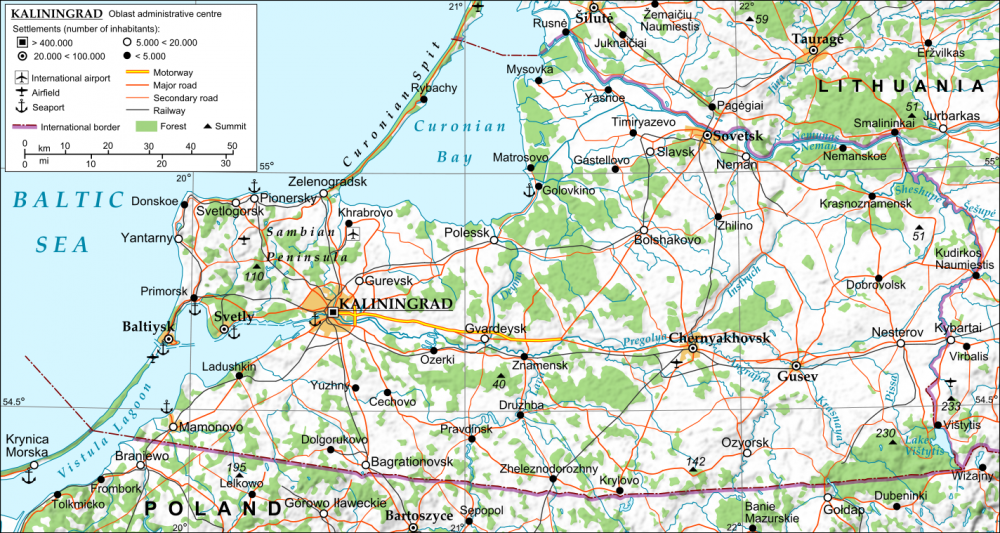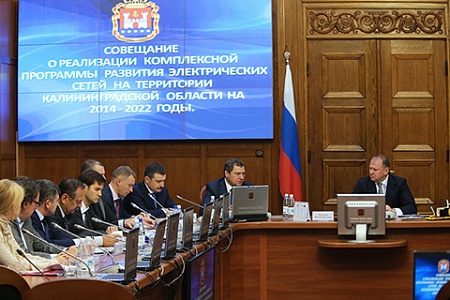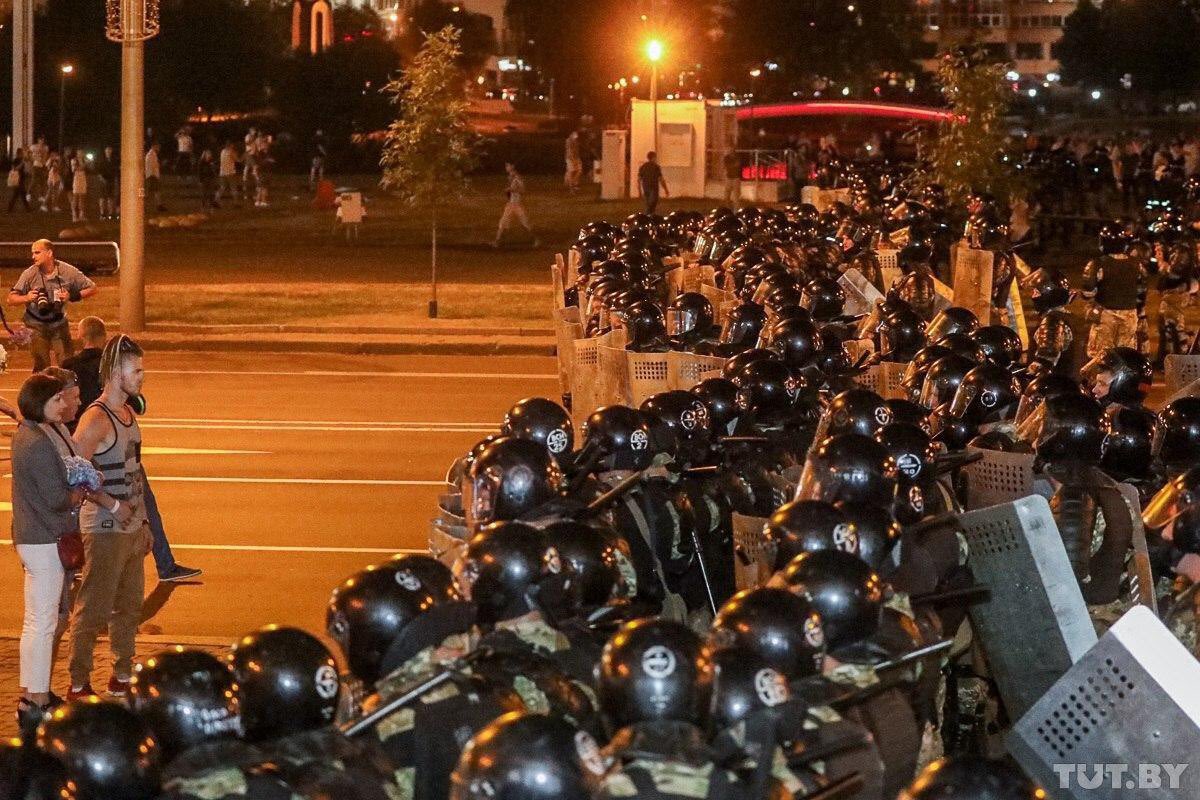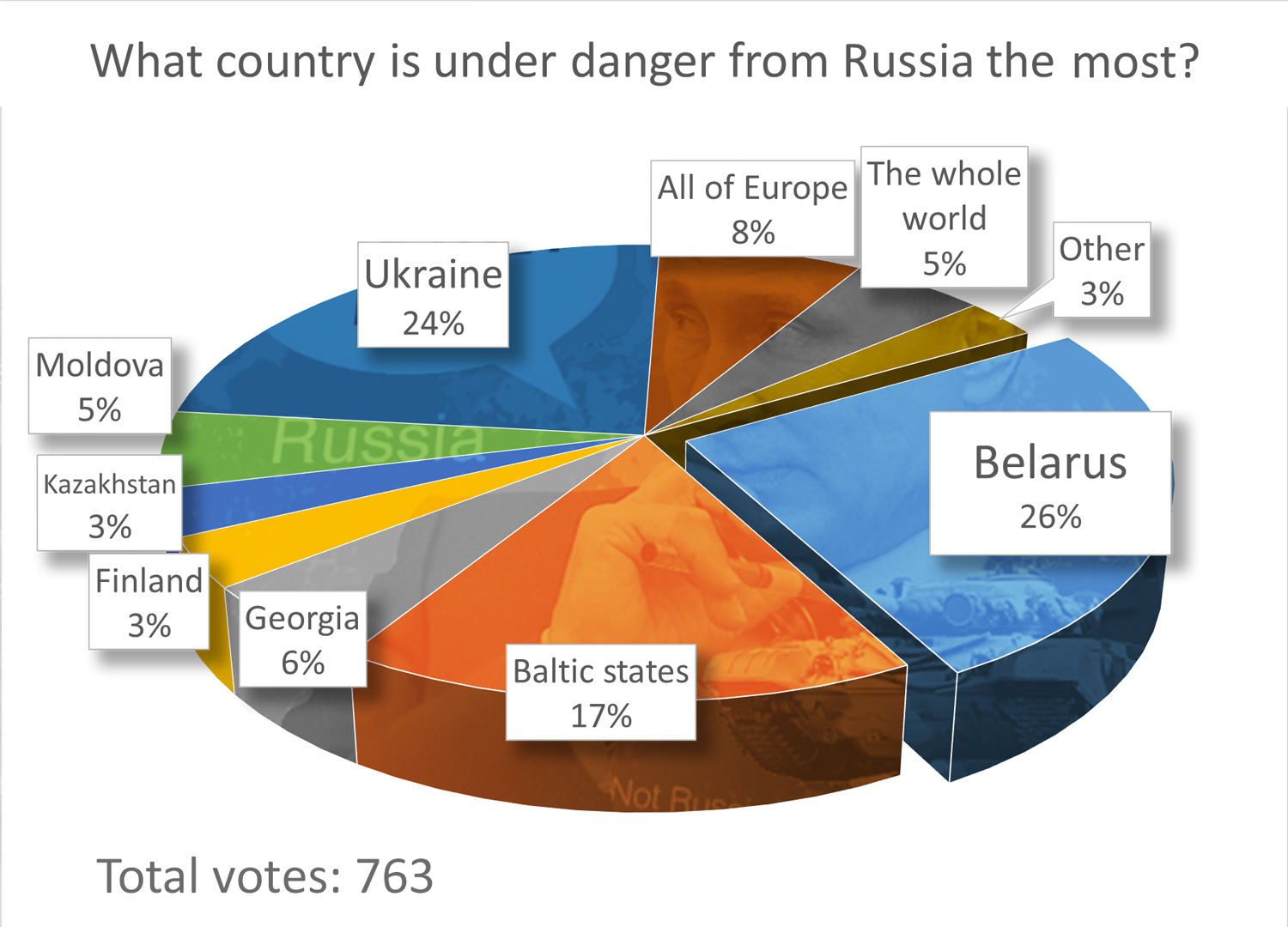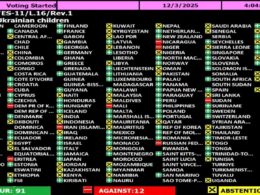Gas pipeline issues have attracted far more attention, but a plan for a unified energy network among European Union members appears likely to have serious consequences for Kaliningrad, the non-contiguous Russian exclave that is bordered by Poland and Lithuania, both of whom are EU members, according to “Nezavisimaya gazeta.”
In a lead article today, the Moscow paper’s editors say
that the EU plans “threaten not only to block the supply of Russian gas to Europe but to isolate in terms of energy the Russian exclave in the EU of Kaliningrad oblast” by breaking apart the electric grid between Russia and the EU at its borders.
“The unification of the electric grids of Lithuania, Latvia and Estonia with the European one and, as a result, the exclusion of Kaliningrad oblast from the Baltic energy system can lead to a lack of electricity in this strategic section of Russian territory,” the editors say. At the very least, that risk will heighten tensions between Moscow and Brussels.
Until now, Estonia, Latvia, and Lithuania have been part of the BRELL energy network which includes Belarus and Russia as well. (Intriguingly, this is a rare case when Moscow has followed the English alphabet order rather than the Russian one in listing the Baltic countries.) Now, the three, moving toward Europe, are breaking ties with Russia and Belarus as well.
The Moscow paper places the blame for this move on Latvia which since January has been head of the Council of Europe and has pushed for a variety of measures to reduce its own dependence on Russia and the dependence of its neighbors as well.
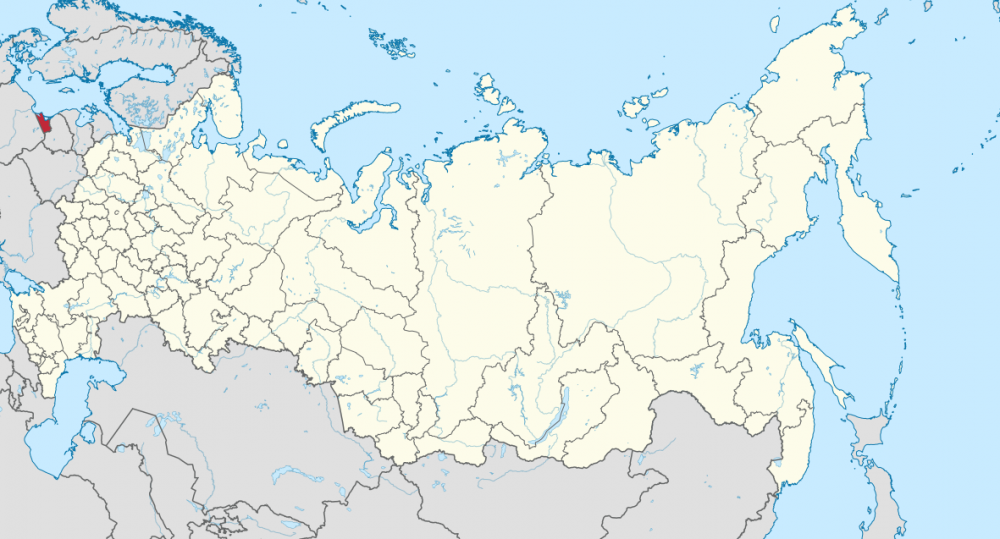
But if this EU plan is implemented, Kaliningrad will be cut off and suffer serious power shortages, something that will hit its naval port there and thus “inflict harm on the security of the Russian state,” the editors of “Nezavisimaya gazeta” say. Moscow officials are clearly concerned about how to respond.
Last week, Energy Minister Aleksandr Novak said that “the problem of energy supplies for Kaliningrad oblast will be solved by the end of this year,” primarily by sending more gas to the exclave and building new generating capacity there. Although he did not allude to it, the paper said Moscow may restart construction of the Baltic Atomic Power Plant
in Kaliningrad.
The Russian authorities have a certain amount of time to take these steps, the paper says, noting that the difficulties of setting up this EU grid mean that it will not be fully operational until at least 2020 and possibly not until 2025. To achieve “energy independence” for Kaliningrad will be a very expensive proposition, the paper said.
The prospect that Kaliningrad may face serious power shortages in the future is likely to energize those in the oblast who would like to see it as an independent “fourth Baltic republic” or at least linked to the EU as a Euro-region of some kind. And that in turn means that the exclave is likely to be the site of more demonstrations in favor of such outcomes.
They are already happening. “Nezavisimaya gazeta” reports today that persons unknown put up banners in Lithuanian at border crossing points in Kaliningrad reading “Welcome to Karaliavicius [the Lithuanian variant of “Koenigsberg]!”
![Unknown persons put up banners in Lithuanian at border crossing points in Kaliningrad reading “Welcome to Karaliavicius [the Lithuanian variant of “Koenigsberg]!” (Image: ng.ru)](http://euromaidanpress.com/wp-content/uploads/2015/04/81-6-21.jpg)
The exclave’s police are looking for the perpetrators, but few find it easy to believe that local Lithuanians did this. They number 10,000, fewer than one percent of Kaliningrad oblast’s population, and “have not displayed any signs of political activity” during the post-Soviet period, the paper says.
But it notes that “the return of Crimea to Russia has called forth calls to ‘deal with Kaliningrad oblast’ not only from the ultra-nationalists of the Young Lithuania Party but also from the right-of-center parliamentary opposition.” And calls for the return of this region have been discussed on social networks.
The notion of changing borders in the Baltic region has also surfaced in the past among some Russian activists in Kaliningrad and elsewhere who would like to see Kaliningrad’s boundaries be expanded to where they were before 1923 and include Memel, as the Lithuanian city of Klaipeda was then known.
But some bloggers in Kaliningrad think that all this is not about Kaliningrad but rather a Russian provocation designed as the opening shot in a Russian “campaign for the struggle with ‘the Lithuanian threat.” At the very least, that is a real possibility and should be considered in terms of Moscow’s active measures against the three Baltic states.
